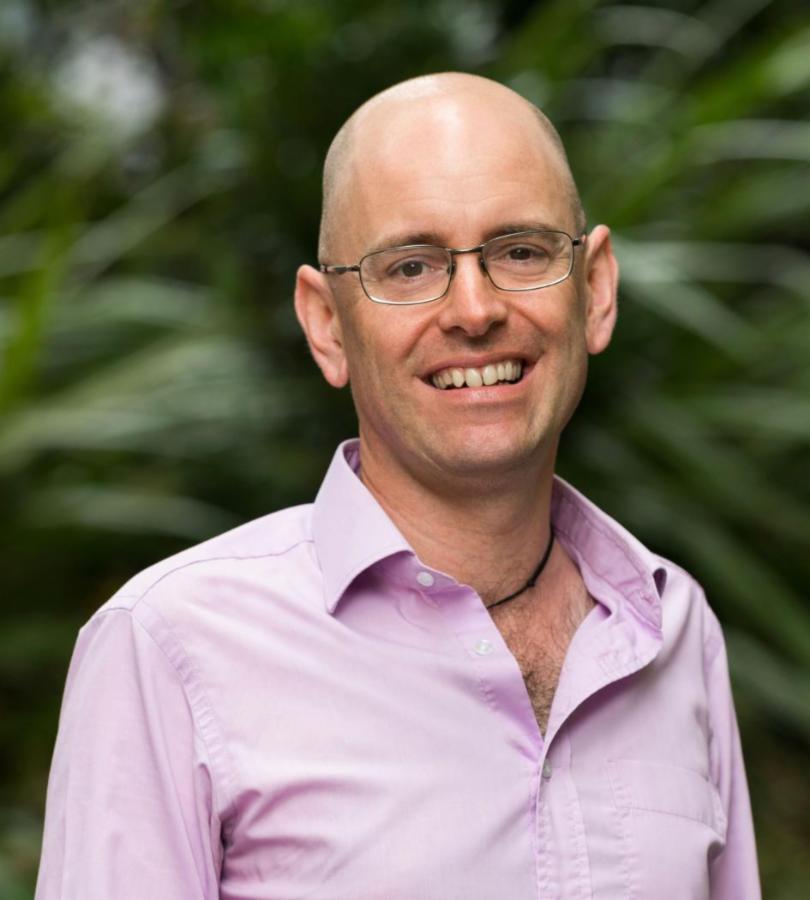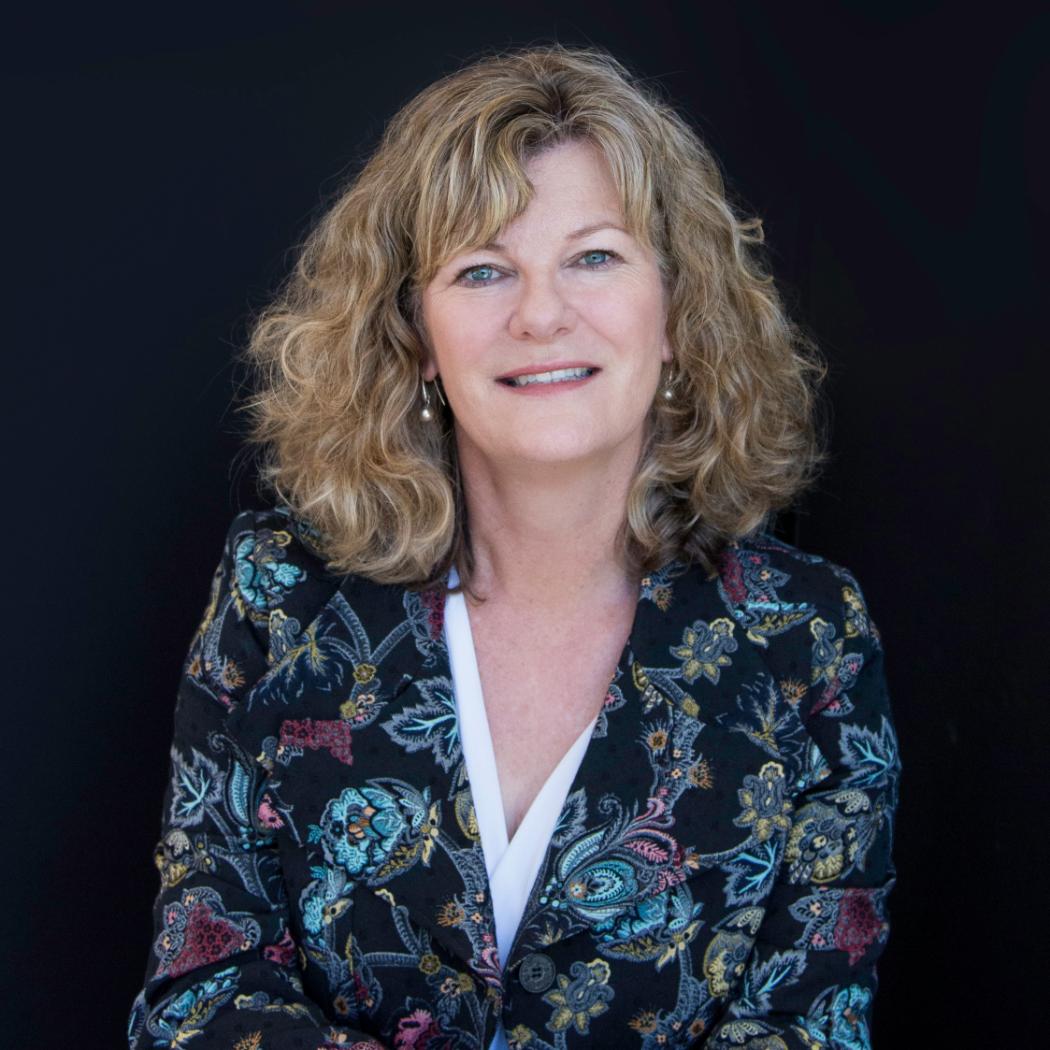Key UC Contact
What We Did
UC School of Law has been involved in a three-year research journey concerning surrogacy in New Zealand. Surrogacy is a practice that is being used more frequently as an alternative way of forming a family for people who are unable to conceive children naturally. The research took a holistic approach looking into the legal, social, ethical and cultural aspects of surrogacy, identifying gaps in the law and suggesting a legal framework for the practice in New Zealand. Particular attention was placed on children’s wellbeing and legal parenthood of children born through surrogacy arrangements, given that at the moment of birth the intending parents are not considered to be the child’s legal parents in New Zealand.
Associate Professor Debra Wilson carried out an extensive and unique survey of legal practitioners of family law to explore the acceptance of the practice in New Zealand, whether or not the legal aspects where understood and if the enforceability of the arrangement was supported. Associate Professor Wilson’s survey explored “the demographics of people seeking legal advice in relation to surrogacy and about the types of questions and issues raised.”
Professor Annick Masselot and Dr. Rhonda Powell co-edited a book on Perspectives on Commercial Surrogacy in New Zealand: Ethics, Law, Policy and Rights, Centre for Commercial and Corporate Law 2019. The book examines the rationale behind the prohibition of commercial surrogacy, analysing whether or not regulation is necessary to protect the surrogate and the child from exploitation. The book also suggests approaches to the regulation of commercial surrogacy in New Zealand.
Who Was Involved
The Rethinking Surrogacy Laws project is a UC collaborative project, involving members from Law, Business, Health Sciences, Philosophy, and the Office of the Assistant Vice-Chancellor Māori. It was led by Ass. Prof. Debra Wilson. Professor Annick Masselot, Dr Rhonda Powell, Associate Professor Natalie Baird, Dr Carolyn Mason, Dr Annabel Ahuriri-Driscoll and Dr Abby Suszko also were involved in the project. The three-year project was funded by the New Zealand Law Foundation as well as the School of Law.
Why It Matters
The study revealed the need to regulate surrogacy and parenthood of children born through this type of arrangement in New Zealand. The research provides law makers and others stakeholders with social, legal and cultural data and analysis that could be used to inform their policies. It is hoped that the project contributes to advancing and inciting a legislative response to the practice of surrogacy. In particular the need to address legal parenthood of children born from surrogacy. The research suggests conferring legal parenthood over a child to the intending parents. The study shows that the majority of New Zealand’s practitioners support the enforceability of surrogacy arrangements. In particular, the survey offers insights into the expectations and concerns of people who had used surrogacy. The New Zealand Law Commission has recently begun a project on the reform of surrogacy laws (with Associate Professor Wilson appointed as a member of the Expert Advisory Group). The study has been frequently cited by the Law Commission in its Issues Paper, and therefore has a direct influence on reform.
Learn More
More information about the project can be found at blogs.canterbury.ac.nz/surrogacy/about-the-project/?doing_wp_cron=1498429746.9775099754333496093750



